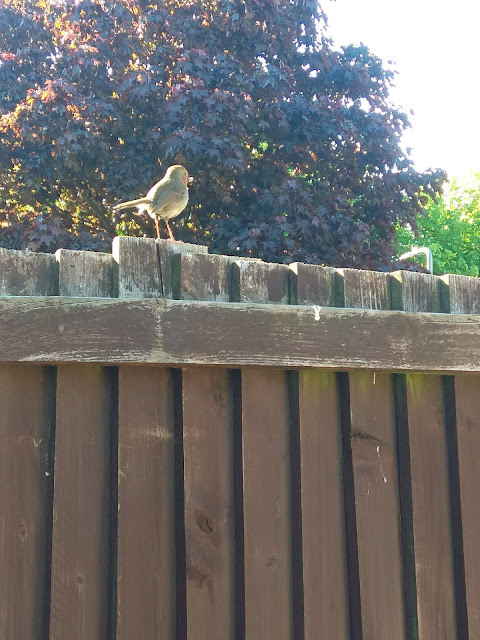Puzzle Project VI: A Pick-Up
December 2
When I saw Mai Sakina’s
face peering down at me from behind green bushes, I thought she was an angel. A
wrinkly, kind-faced angel with few teeth but a lot of white wispy hair, streaked
with the orange of henna. “Where did you come from?” she was surprised and
amused to see me standing there on a wide edge of the mountain, sharing the
space with a couple of sturdy goats.
“I’m doing a survey,” I
explained lamely. “And I kind of got lost. I’m not sure how to get up to where
you are!”
I was in a beautiful,
isolated village on the side of a mountain in Balakot, in northern Pakistan. We
were conducting surveys to assess earthquake relief efforts, around three years
after the devastation that occurred in 2005. Houses – or huts or shelters –
sprouted out of the ground like they were a natural part of the environment,
there were around 5 to 10 homes in one cluster and these clusters went all over
and around the mountain. My trekking partner had conveniently parted ways when
he came across a villager who wanted to show him some houses, and he waved me
on in the general north direction. “Just go on up and find a different cluster!”
I had gone on, and
found myself stuck on a narrow path that led to the goat feeding patch. I could
see the houses a couple feet above but I wasn’t sure how to get there because
there were a lot of thorny bushes in my way. When the angel lady appeared, I
was quite relieved. She grabbed my hands and pulled me up through a small
partition in the bushes. “Come, sit, you must be tired!”
She led me to the rest
of the family on a charpoy under a thatched shade, near the edge. The wind blew
lightly and there was soon a crowd of six to seven, mostly women, some children
and one young man, around me.
I had nothing to offer
Mai Sakina and her family. I was, in fact, asking for their time to participate
in a long conversation that they had probably already had with other personnel
in shalwar kameez, joggers and baseball caps. But she answered everything in
detail, with her daughters, daughter-in-law and son chipping in frequently. She
was in her late 50s, maybe early 60s and the household head since her husband
had died before the earthquake.
“I lost two of my
grandchildren, and one of my sons injured his leg,” she told me. Her voice was
calm, but the wrinkles around her eyes deepened. They had also lost friends, other
relatives, and most of their belongings.
Mai Sakina used to have
two homes, the winter home was located further down the mountain while the
temporary shelter they were currently living in was made out of the remains of
their summer home. The temporary shelter had been home for more than three
years now.
There was a light
breeze as the family talked about all they had lost, without much bitterness. They
had accepted their fate calmly, not in a fatalistic way but in a realistic,
brave manner that realizes natural disasters are beyond our control. They blamed
the government for its lack of empathy and help (they had received some money,
but around 1/3rd of what was promised and the house the government
was helping them build was behind schedule) but they were not angry.
Mai Sakina had three
daughters and three sons. Two of the daughters were there with us, both
married, while the third lived in the city of Gilgit. Her injured son had gone
to Gilgit as well, in hope for better treatment. She had 15 grandchildren,
several of them sat or ran around us. One of the chubbiest, cutest baby was plopped
against two cushions near me, her green-grey eyes twinkling as one or the other
aunt poked her tummy or kissed her head. The two grandchildren who had been
buried between the debris of their school were nine and eight years old.
“There is no pain
greater than that of seeing your children die,” Mai Sakina told me.
I spent almost two
hours with the family, finding out about the lack of economic opportunities and
the abundance of hospitality, resilience and love that existed on that
mountain. I was offered water and then one of the younger boys was told to run
and fetch plain cake from a neighbor.
“I’m sorry we don’t have
too much to offer,” Mai Sakina had apologized when the cake was served on a
small plate.
When I had to leave, a
few children accompanied me so that I would not get lost. As I walked down the
dirt path I turned and waved – a complete survey in my bag and a heart replete
with gratitude.
If I could choose one
reason to stay in Pakistan and work to make the country a better place, it
would be Mai Sakina and millions of others like her who teach us how to be
resilient, strong and thankful.


Comments
Post a Comment